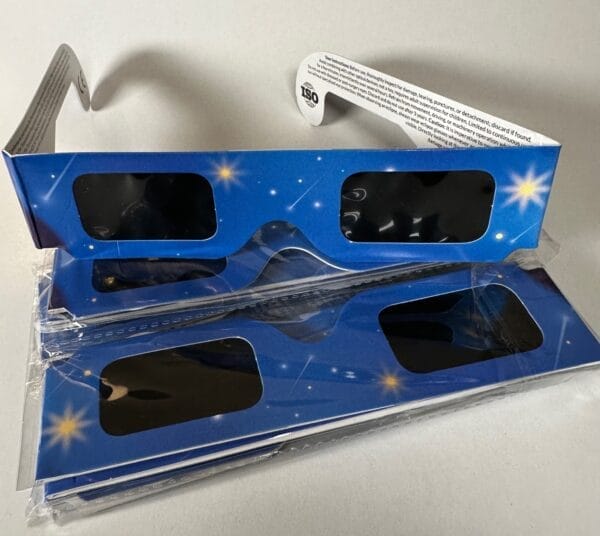
Understanding Eclipse Eye Damage
Have you ever witnessed the awe-inspiring beauty of a solar eclipse? While these events are mesmerizing to observe, it’s crucial to remember the potential eclipse eye damage that can occur.
r eyesight. Eclipse eye damage is a real concern, and understanding how to protect your eyes is paramount.
What Causes Eclipse Eye Damage?
- Solar Radiation: During a solar eclipse, the sun emits harmful ultraviolet (UV) and infrared (IR) radiation. Direct eye exposure to this radiation causes severe damage to the delicate tissues of the eyes.
- UV Intensity: During an eclipse, the sun is partially obscured. Because it seems dark outside, the pupil opens to allow more light to enter the eye. Even though the sun seems dim, dangerous levels of UV are still present. Dilated pupils allow even more UV light to hit the retina than in bright sunlight. As a result, more eye damage is done.
How Does Looking at an Eclipse Damage Your Eyes?
- Retinal Damage: The retina, located at the back of the eye, is essential for vision. Direct exposure to solar radiation can cause solar retinopathy, a condition characterized by damage to the retina. This damage can result in permanent vision loss or impairment.
- Blurry Vision: Temporary or permanent blurry vision can occur immediately after viewing an eclipse without proper eye protection. This blurriness may persist and even become permanent.
Tips to Protect Your Eyes During an Eclipse:
- Use Proper Eyewear: Wear specially designed solar eclipse glasses or handheld solar viewers that meet international safety standards.
- Projection Method: Safely observe the eclipse by projecting its image onto a surface using a pinhole projector or telescope.
- Limit Exposure: Avoid looking directly at the sun during any phase of the eclipse.
FAQs About Eclipse Eye Damage:
- Can I Use Regular Sunglasses? No, regular sunglasses do not provide adequate protection from solar radiation during an eclipse. Only use certified solar eclipse glasses or viewers.
- How Long Does Eclipse Eye Damage Take to Occur? Damage can occur within seconds of staring at the sun during an eclipse. Symptoms may appear immediately or develop over time.
- Is It Safe to Watch an Eclipse Through a Camera or Smartphone? Yes – but some cell phones can be damaged by focusing on the sun. Also – a phone photograph of an eclipse will be overwhelmingly disappointing! Use proper glasses, and experience the eclipse first-hand!
Remember, the allure of witnessing a solar eclipse should never outweigh the importance of protecting your vision. By taking simple precautions and understanding the risks, you can safely watch and experience this once-in-a-lifetime experience!
While Solar Eclipses are relatively rare – First aid incidents and cardiac arrest are NOT. Take a CPR class this week!